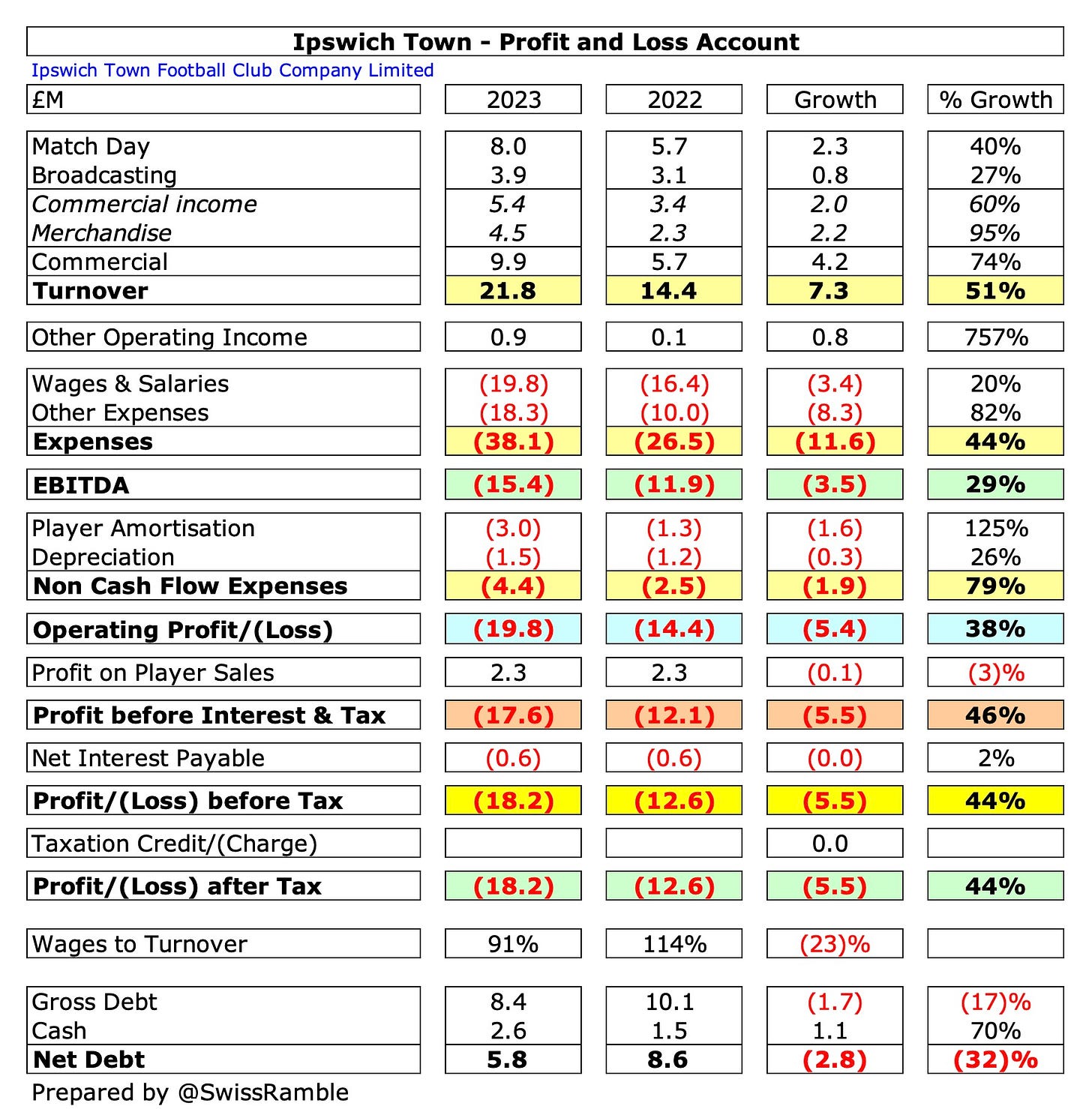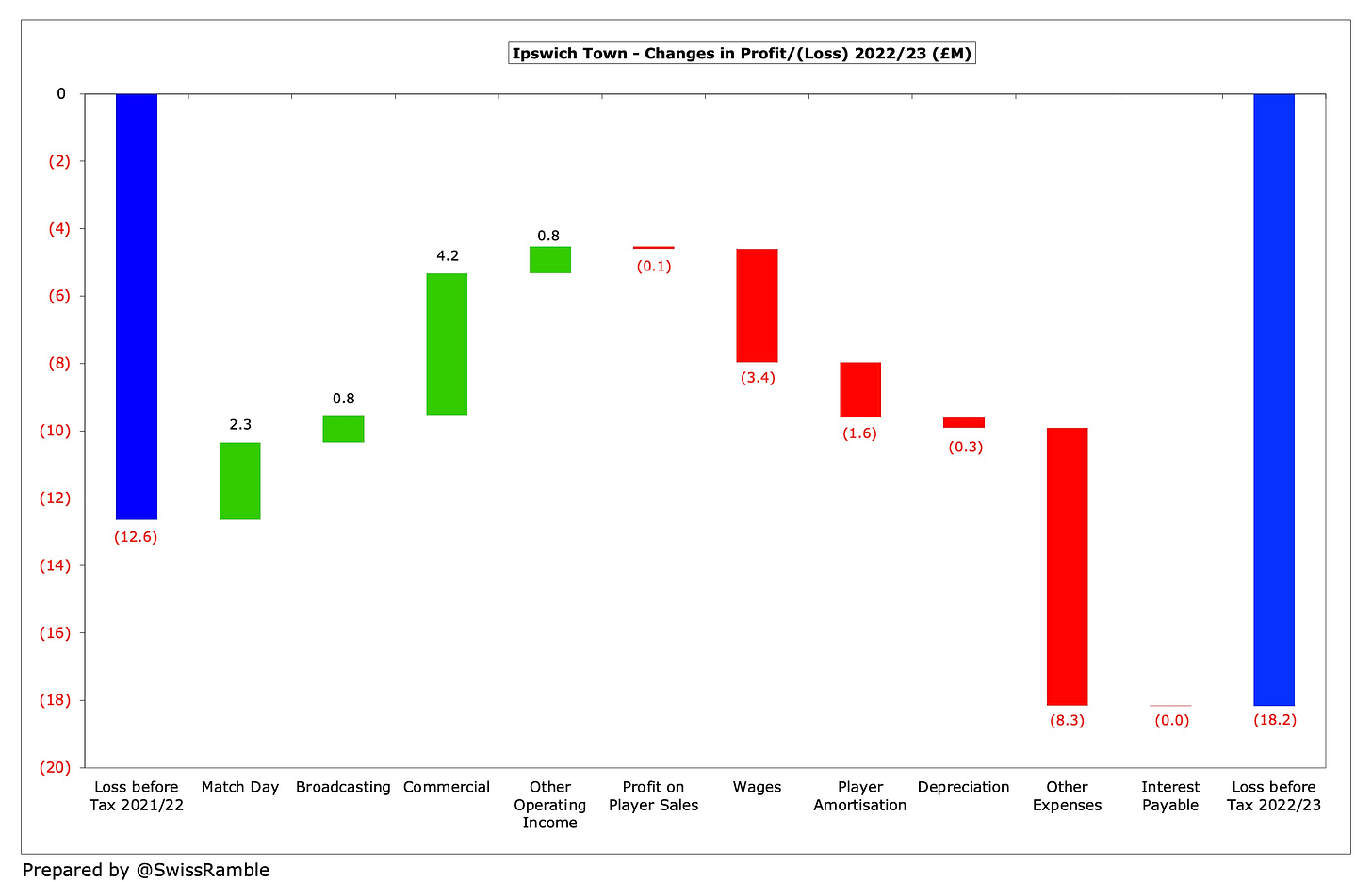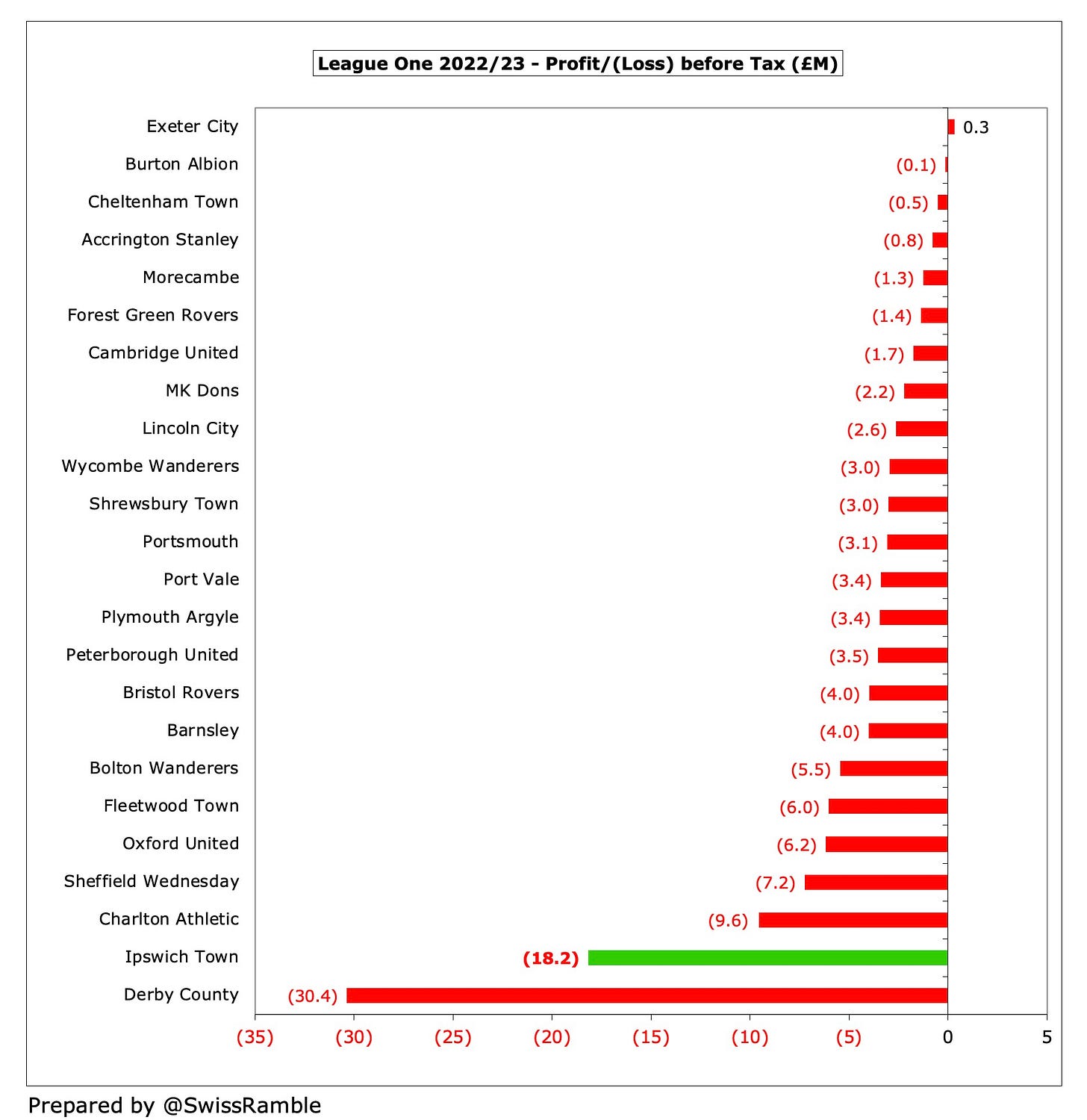After 22 long years, Ipswich Town have returned to the Premier League after winning back-to-back promotions from League One and the Championship. Only five clubs have managed to do this in the Premier League era with Southampton being the last to manage this feat in 2012.
That’s impressive enough, but Ipswich attracted admirers everywhere for marching up the leagues in style, with their brand of progressive, attacking football helping them score 101 goals in League One and 92 goals in the Championship. Not bad for a squad that was largely assembled in England’s third tier.
Much of the success on the pitch was down to their young manager Kieran McKenna, who replaced Paul Cook during 2021/22, before taking Town up in his first full season, then repeating this achievement then following year.
Recent History
Following relegation from the Premier League in 2002, Ipswich came close to returning to the top flight three times, though they were defeated in the Championship play-off semi-finals on each occasion.
However, for the most part, their 17 years in the second tier felt like they were running to stand still, as the financial disparity with the parachute clubs continued to widen.
In fact, things got worse before they got better, as the Tractor Boys were relegated in 2019 to League One, where they languished for four seasons before a dramatic change in their fortunes.
Owners
The transformation was effected under the new owners, who purchased the club in April 2021 for a reported £40m. As a result, Ipswich Town became majority owned by the appropriately named Gamechanger 20 Limited, though the ultimate owner is a US investment firm, ORG.
The new ownership group has certainly put its money where its mouth is to date, investing a lot into the squad and the club’s infrastructure. However, this looks like its part of a well thought-out plan, as shown by some astute recruitment. McKenna is the obvious jewel in the crown, but they also brought in former Bristol City chief executive, Mark Ashton, to lead operations off the pitch.
The turnaround was helped by the previous owner, Marcus Evans, writing-off the vast majority of the club’s debt as part of the takeover, but it’s fair to say that the new owners provided the catalyst for Ipswich’s renaissance.
Their view was that Ipswich represented an excellent investment opportunity, as ORG chief executive Ed Schwartz explained, “Our view is that we've bought, at a lower value, an asset that has potential and history. Ipswich really was the perfect scenario for us.”
However, even with this level of ambition, it is unlikely that the new owners believed that Ipswich would progress up the leagues quite so quickly.
New Funding
The club received additional funding in March this year, as Bright Path Sports Partners, a US private equity firm which specialises in professional sports franchises, invested £105m for a 40% minority stake. This was described as “an exciting step which will further secure the club’s future”.
Following this transaction, ORG’s stake has reduced to around 50%, while Bright Path now has 40% with the remaining 10% allocated to smaller investors, split between 5% for three businessmen (Brett Johnson, Berke Bakay and Mark Detmer) and 5% for Marcus Evans.
Schwartz explained the rationale behind the deal, “When we purchased Ipswich Town in 2021, we did so with the initial aim of restoring the club to the Championship and becoming competitive at this level, with the plan always including bringing a partner on board when the time was right.”
Finances
When a club experiences a rise up the football pyramid, it raises the question of whether its finances will be able to cope, especially when the ascent is so rapid.
We will take a look at Ipswich’s latest available accounts from 2022/23, though these will not tell the whole story, as they are from the club’s last season in League One.
Therefore, we will also make some comparisons of Ipswich’s position with clubs in the Championship, then assess the financial impact of the latest promotion to the Premier League.
Profit/(Loss) 2022/23
The 2022/23 financial results covered “an excellent season for the club”, as Ipswich finished second in League One, thus achieving the new ownership’s “initial goal of promotion back to the Championship”.
However, they paid the price of success, as the pre-tax loss widened from £12.6m to £18.2m, despite revenue rising by a very impressive 51% (£7.4m) from £14.4m to £21.8m.
The larger loss was mainly due to operating expenses climbing by £13.6m (45%) from £28.9m to £42.5m, as the club continued to invest “across all aspects of operations”, including staff, property and infrastructure.
Profit from player sales was unchanged at £2.3m, but other operating income increased from £0.1m to £0.9m.
All three revenue streams were higher, though the largest increase was in commercial, which shot up £4.2m (74%) from £5.7m to £9.9m. There was also good growth in match day, up £2.3m (40%) from £5.7m to £8.0m, and broadcasting, up £0.8m (27%) from £3.1m to £3.9m.
However, the revenue growth was more than offset by a steep rise in costs. Investment in the squad led to increases in wages, up £3.4m (20%) from £16.4m to £19.8m, and player amortisation, which more than doubled from £1.3m to £3.0m. The wage bill was also inflated by bonus payments linked to the promotion.
The growth in staff costs was outpaced by other expenses, which surged £8.3m (82%) from £10.0m to £18.3m, while depreciation rose by a quarter from £1.2m to £1.5m.
Ipswich’s £18.2m loss was the second highest in League One, only surpassed by Derby County’s £30.4m, though it would have been the worst in the division if the Rams had not included £19.7m impairment of purchased goodwill.
The deficits at both these clubs were a long way above the next highest losses, posted by Charlton Athletic £9.6m and Sheffield Wednesday £7.2m. In fairness, only one club in the Division managed to generate a profit that season, namely Exeter City – and that was just £0.3m.
Player Sales 2022/23
Ipswich’s profit from player sales was unchanged at £2.3m, mainly thanks to a sell-on fee after Flynn Downes was transferred from Swansea City to West Ham, plus Tyreece Simpson’s move to Huddersfield Town.
Keep reading with a 7-day free trial
Subscribe to The Swiss Ramble to keep reading this post and get 7 days of free access to the full post archives.







